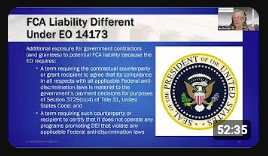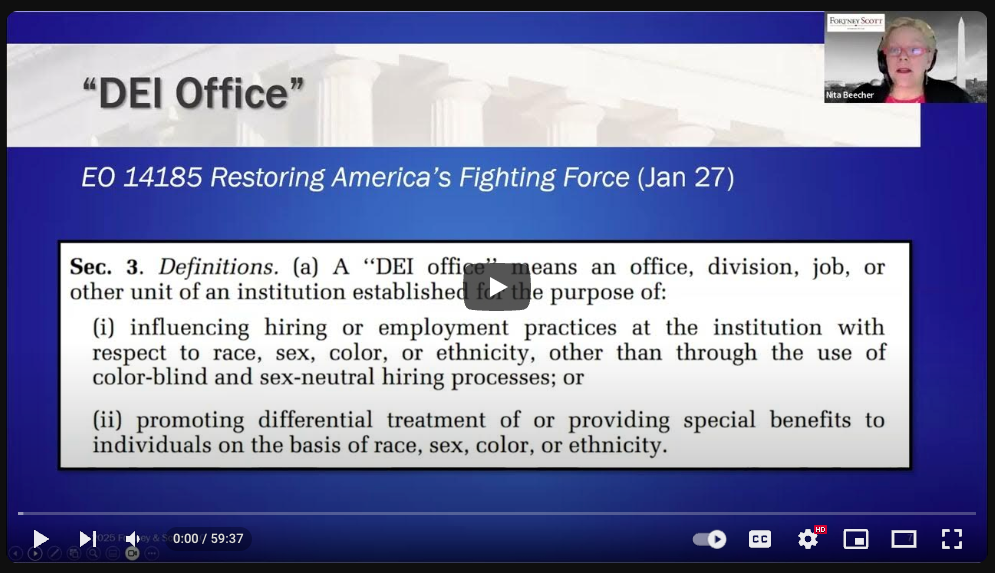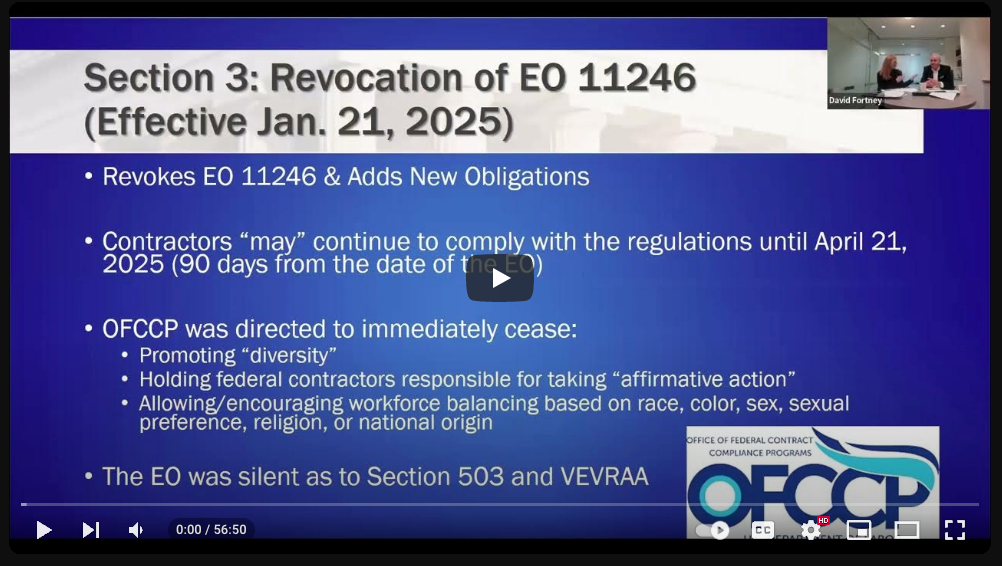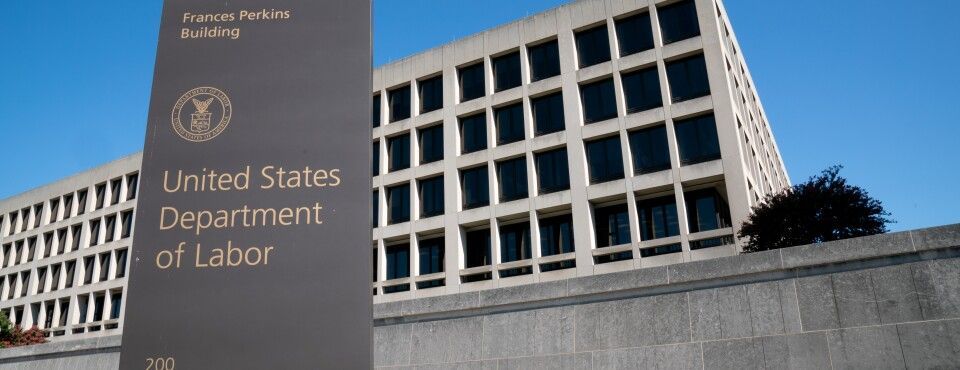Colorado Passes Onerous Pay Equity Law, Expanding the State Law Patchwork
Colorado Governor Jared Polis (D) signed the Equal Pay for Equal Work Act on May 22, 2019, resulting in Colorado becoming the most recent state to join the patchwork of state pay equity laws that employers must navigate. The Colorado pay equity law becomes effective January 1, 2021, giving employers time to prepare and come into compliance.
The Colorado equal pay law provisions The Colorado law prohibits employers from discriminating between employees on the basis of sex, or on the basis of sex in combination with another protected status, for “substantially similar work.” The Colorado law includes specific affirmative defenses, but the defenses under the new law are narrower than those provided under the federal Equal Pay Act and other state pay equity laws and the Colorado defenses likely will be more difficult for employers to meet. Specifically, a difference in pay can be justified if the employer can demonstrate that the wage differential is based upon a seniority or merit system or a system that measures earnings by quantity or quality of production or the employer can demonstrate:
- All factors are applied reasonably;
- Each factor accounts for the entire wage differential; and
- Prior wage history was not relied on to justify a disparity in current wage rates.
The Colorado law also has an explicit ban on asking for salary history or relying on the salary history of prospective employees to determine their wage rate.
Employees claiming wage discrimination have expanded litigation rights, including that claimants may circumvent the administrative process and allowing for two years to file a lawsuit, instead of the usual 300 days to file an EEOC charge. There also are expanded remedies, including back pay for the entire time the violation continues, not to exceed six years. Additionally, an employer may be liable for economic damages in an amount equal to the difference between the amount that the employer paid to the employee and the amount the employee would have received had there been no violation, plus liquidated damages.
There is a good-faith exception, however. The additional payments are not permitted if the salary disparity was unintentional. The burden is on the employer to demonstrate that the act or omission giving rise to the violation was done in good faith.
Additional challenges for multi-state employers operating in Colorado . Colorado joins a number of other states in passing comprehensive equal pay legislation, and more states are likely to continue the trend in the near future. It is critical that employers, particularly those operating in multiple states, quickly get up to speed on their varying obligations. Moreover, proactive pay audits under the protection of attorney-client privilege and, where appropriate, pay adjustments, will put employers in the best possible position to defend against what we expect will be an increase in complaints of compensation discrimination.
FortneyScott’s Pay Equity practice is dedicated to guiding employers through the changing and challenging world of pay equity. FortneyScott’s attorneys in Denver, Colorado and Washington, DC advise employers on compliance with the new Colorado pay equity law and additional workplace matters. Please contact FortneyScott for legal counsel and advice on complying with the Colorado fair pay law and the additional federal and state fair pay laws, and to enable your company to “get pay equity right.”

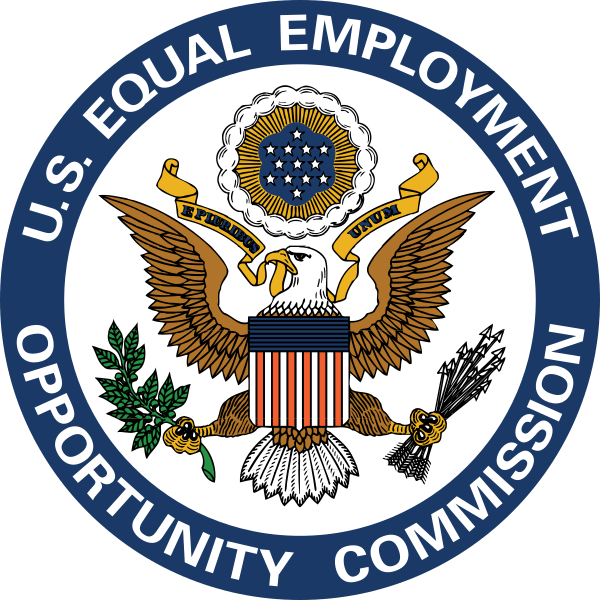






All Rights Reserved | Powered by AutomationLinks | Terms & Conditions | Privacy Policy


